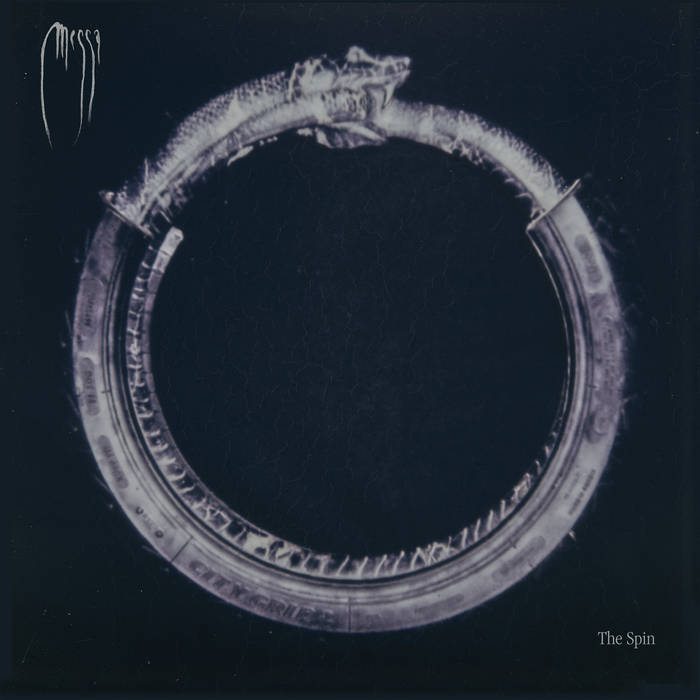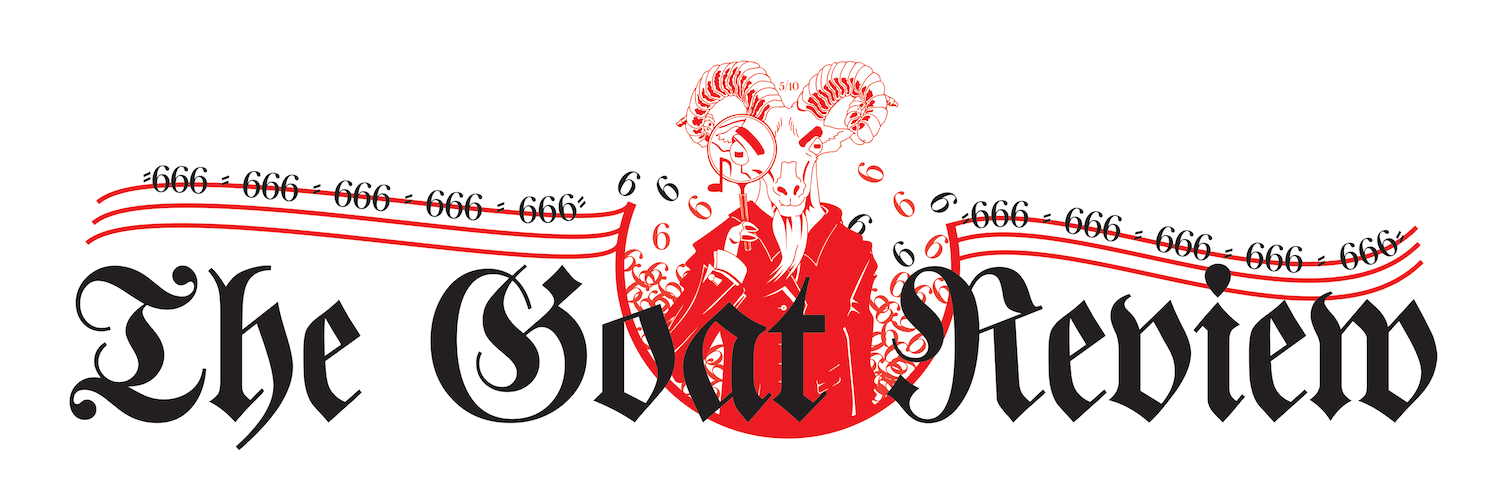
The cruel, ever advancing passage of time spares no one. I remember when the blog was young, or even when it was just me, hammering out short blurbs on Instagram on the daily in an attempt not to lose my mind during the pandemic. The blog grew into a much bigger project of course, and we were already committed to an actual site when I reviewed Messa’s 2022 album Close. I had always appreciated Messa, but Close was when I fell outright in love with the band. As an album where it all came together — the dark cabaret vocals, mixing with jazz and MENA influences, subtle doom, and 70s psychedelia — the album was as close to perfect as a band like Messa can come to. Three years, and a few mental breakdowns and depressive episodes later, I find myself confronted with The Spin, an album by a band who apparently also has not been spared by the passage of time. This is not the Messa I knew, at least not fully.
Whenever a band refuses to fulfill my expectations, I have to take extra care to not project my dissatisfaction with that into the review and the rating. Like many a band, Messa has moved the timeframe of their reference sound closer to us. Messa no longer sounds like a strange, unusual ’70s worship band but instead fully embraces the post punk tinged, pseudo-gothic sound that has become very popular in metal in the last few years. It does not help that I am slowly getting sick of that trope — when are we finally gonna reach to the ’90s for nostalgia? — and neither does it aid Messa that this sound is much thicker, less subtle, and fundamentally less detailed on a micro level. Messa previously benefitted from a natural production, and, paradoxically, the ’70s influences felt timeless in the way that it interacted with any of the performer’s sonic obsessions. Messa held a mystical quality because of their specific mixture of sounds. The production choices on The Spin feel like a corset, restricting the band while taking up entirely too much space. The guitars, now heavily modulated by chorus, have less of a human touch. The drums feel thicker, but less dynamic, and pumping synth bass dominates the soundscape all too often. Even worse, the newly chosen arrangement focus gives vocalist Sarah Bianchin less room to explore, which is a detriment as her intensely emotional vocal performance used to be a selling point.
I am unsure if this is a direction chosen by the band or a producer. I wonder about this as sometimes, the writing actually does feel like classic Messa. The slide guitar solo that opens “Reveal” for example would add flavor and character to the song that follows it if it didn’t harshly clash with the rest of the song and the production choices. “Reveal” feels like two contrasting ideas, jammed into each other until they kind of fit and it is emblematic of an album that, fundamentally, tries to marry two ideas to each other that neither work nor contrast each other all too well. In many ways, this reflects actual acts who had to reinvent themselves going from the ’70s to the ’80s. The Spin has not adapted well to this temporal shift, though. If you ask me —and I might be selfish here — Messa never needed to change in the first place. It’s unfortunate, but I would have preferred another album that sounds like Close, even if it ended up being worse.
